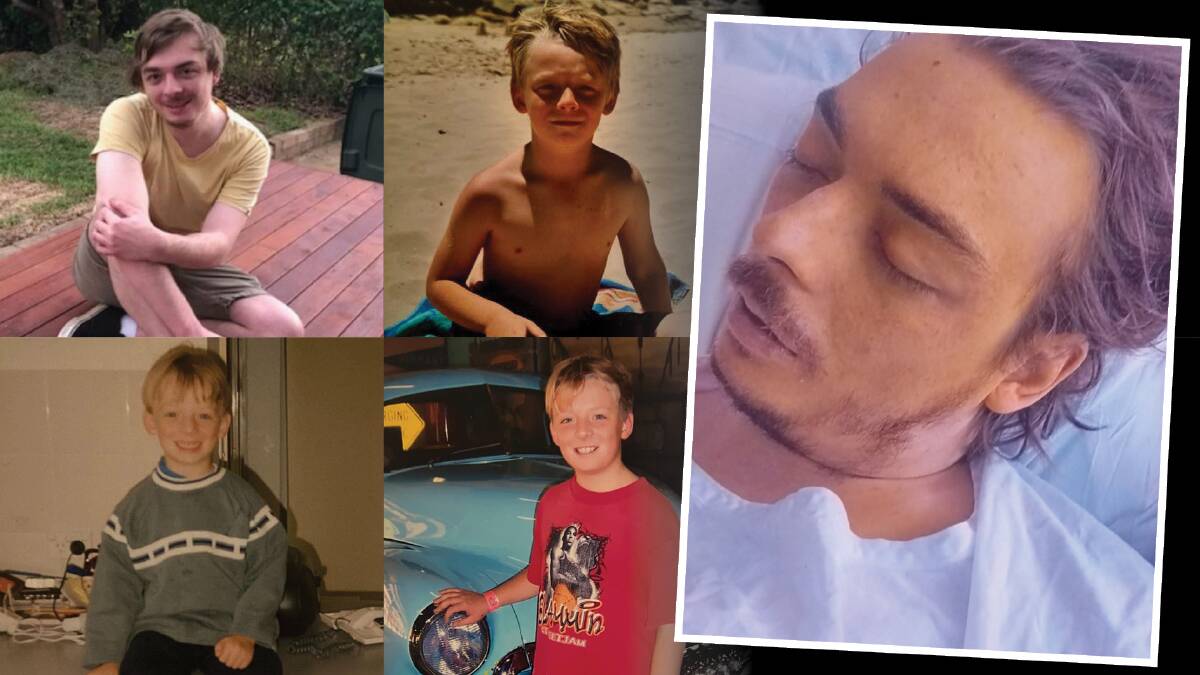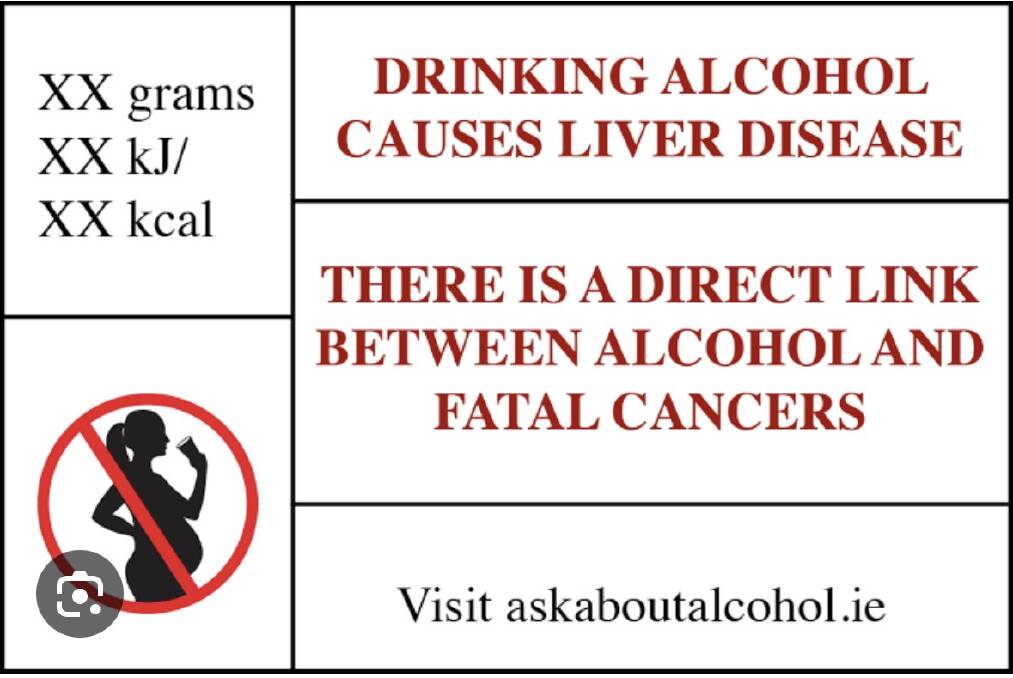
A grieving Wollongong mother wants people to see the devastating potential health impacts of drinking, backing calls to introduce warning labels on alcohol bottles.
Subscribe now for unlimited access.
or signup to continue reading
Rachel Allen's son Dylan died in 2022 from alcoholic hepatitis, or inflammation of the liver. He was just 26 years old.
Ms Allen said Australians - especially young people - needed to know that "alcohol has the potential to destroy your life" and has proposed that health warning labels for alcohol should bear photos like one taken of her beloved son the day before he died, jaundiced and critically unwell.
Recent data from the Australian Bureau of Statistics showed the rate of alcohol-induced deaths grew 9.1 per cent to 2022, while rates for men and women hit their highest in at least a decade.
Foundation for Alcohol Research and Education (FARE) chief executive officer Caterina Giorgi said health warning labels on alcohol were important when more people were dying as a result of alcohol.
"Clear information about the harm alcohol cause to people's health and wellbeing needs to be presented on these products' labels, to counter the relentless alcohol company marketing we in the community are exposed to every day," Ms Giorgi said.
This year the Irish government became the first country in the world to mandate comprehensive health warnings on alcohol labels, with the law to take effect in 2026.
Both the Royal Australian College of General Practitioners and the Australian Medical Association want warning labels too, with the latter's president Professor Steve Robson saying that clear health warning labels would ensure people could make informed choices.

"We know the harm alcohol does to people's health. Self-regulation and voluntary codes aren't working," Professor Robson said.
"We need serious measures to tackle the health, social, and economic harms of excess alcohol consumption."
Ms Allen said Dylan began drinking heavily at the age of 19 and by the time he was 24 it was clear his liver was inflamed, but his GPs only spoke "in a very general way" that he was at risk of dying due to his alcohol consumption.
She said her son was never told in detail what happened when a person's liver stopped functioning, but she believed educating young people about the risks of heavy drinking could save lives.
"Ad campaigns as we saw for preventing lung cancer could also be done as a way to provide a visual and confronting depiction of liver hepatitis," Ms Allen said.
"In this way, instead of seeing what we currently see on television - which is the social inclusiveness of alcohol - we would conversely be provided with a more disturbing side to what it means to have a disease that is extremely difficult to recover from."
A poll of 1004 people commissioned by FARE found 78 per cent of people supported the introduction of health warnings on alcohol products.
Ms Allen said the harm of alcohol was not only physical, but could lead to social isolation.
"The debilitating affect alcohol had on my son's life prevented him from socialising or getting a job," she said.
"This transpired into a cycle of self-loathing and self-hatred which further compounded his isolation.
"In the end he was drinking as a means to cope with his mental health and depression and isolation. It was devastating to witness."
Ms Allen said she was grieving the life Dylan never had, as well as the one that would now never come to fruition.
"As a mother, this is something that greatly effects your own level of happiness. It's a very complicated grief and one that leaves you also feeling a sense of guilt," she said.
Reading this on mobile web? Download our news app. It's faster, easier to read and we'll send you alerts for breaking news as it happens. Download in the Apple Store or Google Play.


